Apple's carbon-neutral goal is a giant task, could echo through big tech
Solar farm investments are one way Apple is pressing forward with being a carbon-neutral entity, with over 80% of energy used stemming from Apple-invested projects.
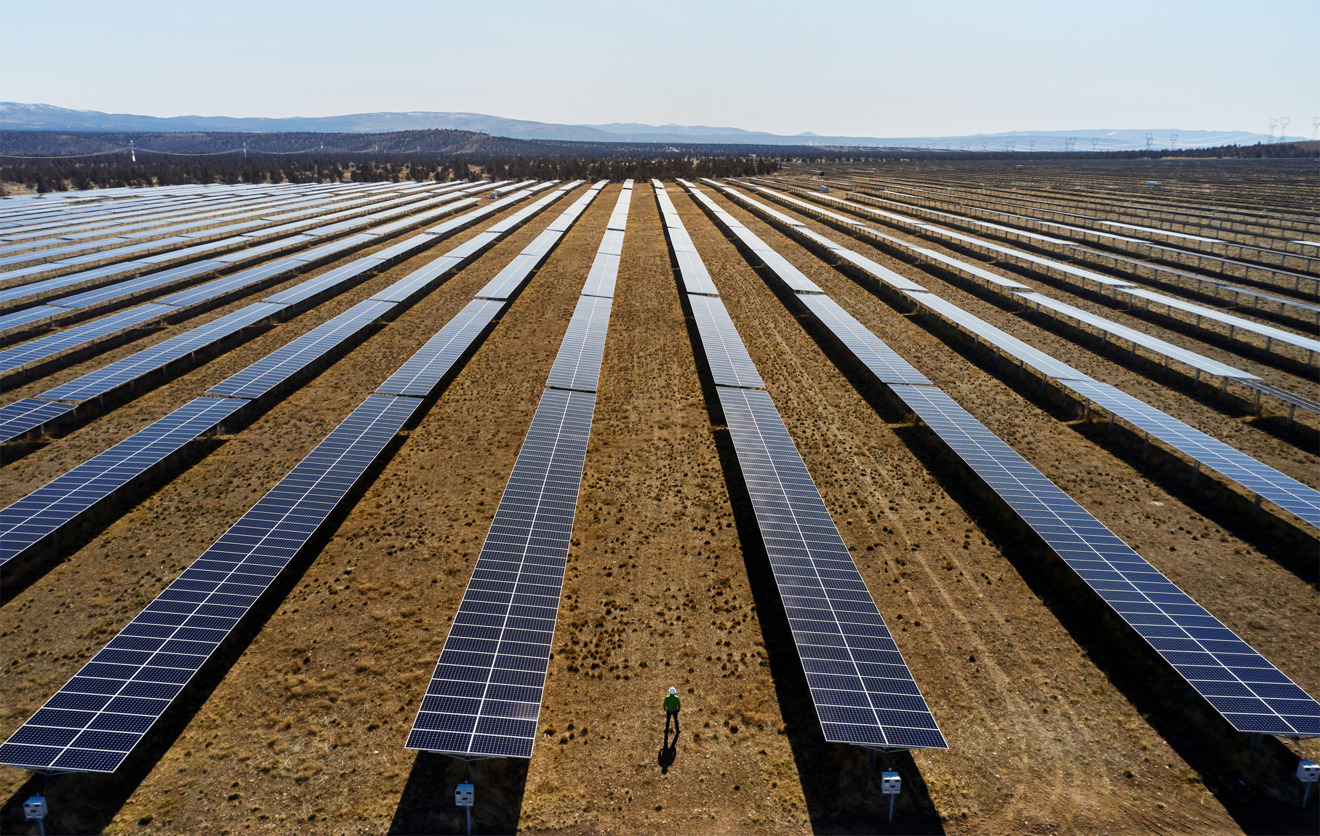
An examination into Apple's environmentalism asks whether Apple could truly reach its pledge of making the iPhone carbon neutral, with comments from Apple's executive leadership along with other environmentalists suggesting it is possible, but a very big task.
Apple has made numerous strides in its bid to make itself more environmentally friendly, as part of an initiative to become carbon neutral across the entirety of its business by 2030. The lofty goal, which covers everything from the supply chain to the end of a product's life, is being tackled aggressively, but the task is also massive in scale to undertake due to Apple's size.
In a profile of the initiative by British GQ, Apple's VP of Environment, Policy and Social Initiatives Lisa Jackson and SVP of Worldwide Marketing Greg Joswiak were questioned about both the scale of the problem and how far Apple is progressing down the path.
These efforts have included transitioning its facilities to run on renewable energy and using recycled materials in its products, but they are only part of the solution. "We set really big goals for ourselves. At one point we were even calling them crazy questions," said Jackson.
Going beyond making its own offices and operations carbon neutral and attempting to tackle the indirect pollution caused by suppliers and other business areas by 2030 is a much loftier goal. One that is considered by Greenpeace to be a demonstration of "what's possible for tech brands and could lead to a mindset shift" for other producers.
Apple's work in the field is important to environmental groups, as they see that changes by Apple are keenly adopted by other vendors in the tech industry. By making sustainability a marketable feature of the iPhone, competitors may try to make their own products have similar credentials to appease customers.
Jackson's decision to join Apple wasn't just the size of the problem, but also that Apple wanted to go further. "During my interviews no one said 'What do we have to do to get in front of all these environmental rules and regulations?" Jackson remembers. "They said 'What can we do to lead the world to a better place? And that was really impressive to me. I didn't run across that practically ever."
The deep-grained environmentalism is felt in other areas in the company, as evidenced by Joswiak's comments. "We're always looking at ways to minimize the e-waste from our products, it's a continuous effort and an important one," said Joswiak.
He continued "We're fortunate that people buy a lot of Apple products, so we know that the decisions we make in this regard are going to have an enormous impact. It's our responsibility to minimize packaging and minimize what's in the packaging if it's not something the consumer needs."
Moves such as investing in clean energy projects are thought to be "very significant" for companies like Apple, suggests Greenpeace senior corporate campaigner Elizabeth Jardim. "Because much of its supply chain is in China and Southeast Asia, where there's a huge amount of coal power, this allows them to find cleaner sources of energy in a region that is otherwise dirty and hopefully begin to shift the grid mix in those regions."
The scale of the problem is still tough to swallow for those working on it, with Jackson admitting "It's a really huge goal. Even saying it, I always get a little lump, because I know how much work is involved in doing it, but we have a very detailed plan."
Jackson also brings up how Apple CEO tells employees to "be a ripple in the pond," to try and influence others with its actions. "Not just to change Apple, but to change the world," she clarifies, continuing "Apple is a manufacturer and that is the hardest segment to decarbonize and change to clean energy. When we do that work a lot of those manufacturers will go ahead and use that clean energy for other folks."
"Apple's commitment represents a new model that we want more companies to follow," suggests WWF senior director of corporate engagements for forests. "It's no longer enough for them to simply commit to 'reduced impact.'"
 Malcolm Owen
Malcolm Owen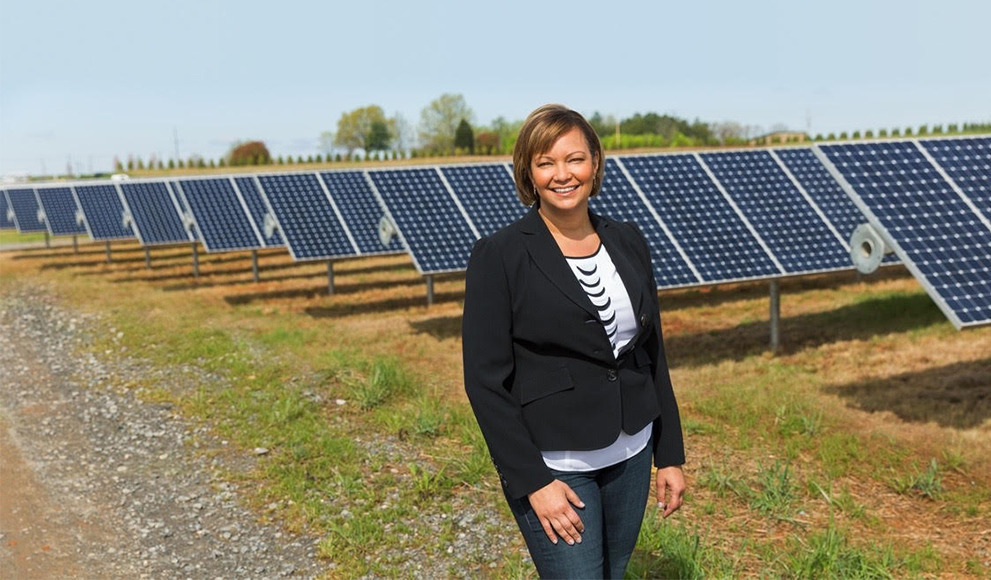

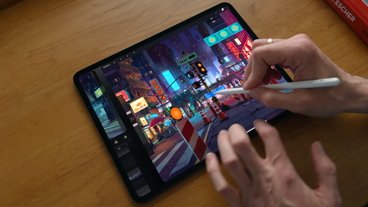



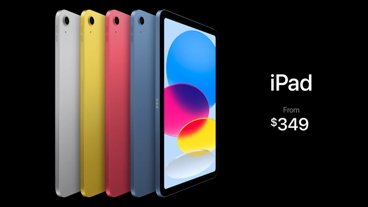








 Amber Neely
Amber Neely
 Andrew Orr
Andrew Orr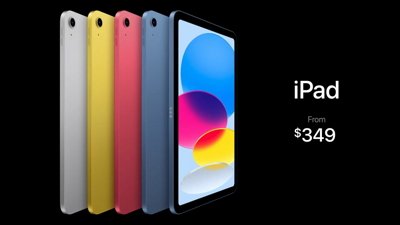

 William Gallagher
William Gallagher
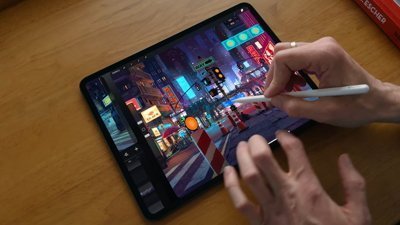
 Wesley Hilliard and Mike Peterson
Wesley Hilliard and Mike Peterson











32 Comments
Seems all around smart to me. Eventually there will be real business opportunities in this area. Apple is making a long term strategic investment here.
Apple is head-and-shoulders ahead of other tech companies on the carbon mitigation front. And, it does not shout from the rooftops about it, unlike some other companies (e.g., Microsoft, Amazon). The company is already carbon-neutral for it its direct (Scope 1) emissions, its purchased electricity (Scope 2) emissions, as well as some indirect (Scope 3) emissions such as those associated with employee commuting and employee business travel that Apple believes are under its operational control. Not one other major tech company can say that yet.
However, the elephant in the room is its supplier Scope 3 emissions, which accounts for 76% of the emissions in its value chain. Apple is making tremendous strides there as well: suppliers have already installed and are using 2.7GW in renewable capacity (think of the equivalent of three full-scale nuclear power plants at work), and they have committed 7.8GW which is well ahead of Apple's goal of 5GW supplier renewable capacity by 2020. This will be more than half of the suppler emissions associated with manufacturing Apple products, a huge achievement.
Apple still has some ways to go with its supplier emissions, and it has committed to becoming neutral for that, as well as for the emissions associated with consumer use and disposal of their products -- again, a first for any tech company, perhaps any company -- by 2030.
Lisa Jackson is a superstar.
Kudos to Apple for doing this.